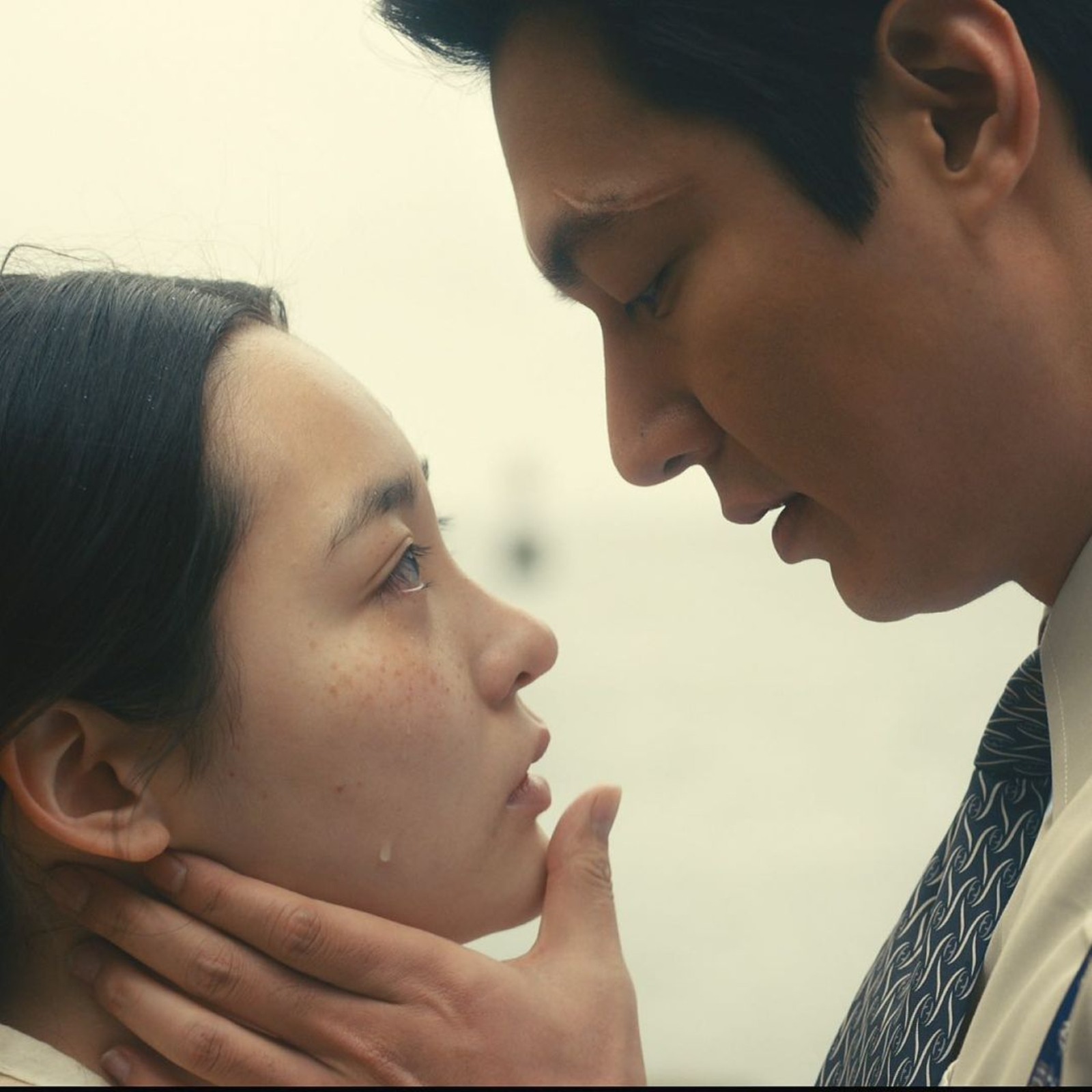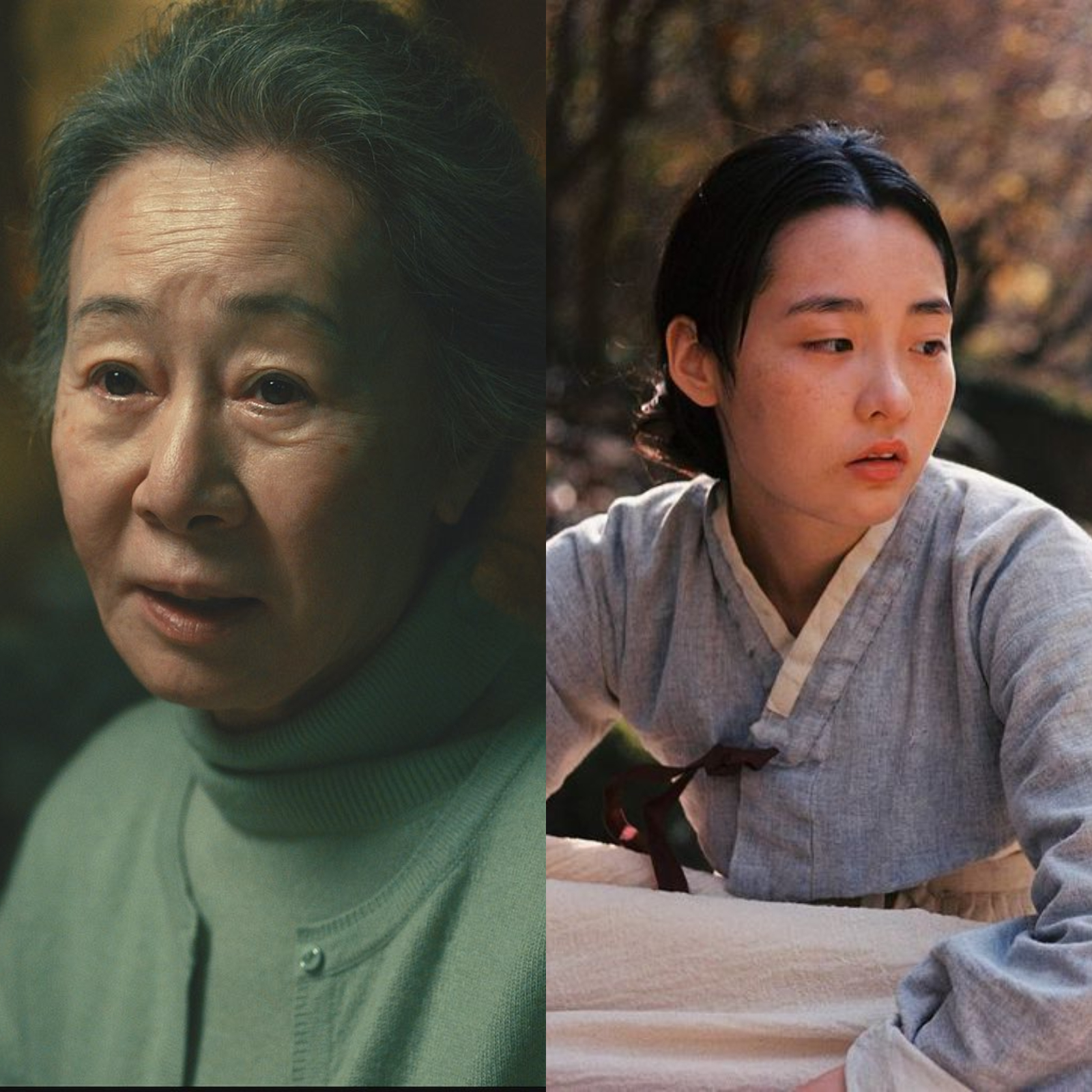Series Name: Pachinko
Pachinko Cast: Minha Kim, Lee Min-ho, Youn Yuh-jung and Jin Ha
Where to watch Pachinko: Apple TV+
Note: This Pachinko review is based on the first three episodes
When I first sat down to watch Pachinko, I had briefly read about the events that transpired when Japan colonised Korea in the early 1900s. Much like most historical events we read in school, this, too, felt like a mundane overview of facts. But when Pachinko unfolded, the events took a life of their own, and in the middle of all of it was Sunja (the younger version played by Minha Kim; Oscar award-winner Youn Yuh-jung essayed the older role).
Pachinko, as the description had already revealed, narrates the tale of Korean immigrants through four generations. The episodes open with the impact of a tense political climate on a family of three that runs a boarding house. Through the young Sunja, we get a glimpse of the worsening political climate in the country, even as we see her father striving to protect her at all costs.
However, his sudden demise leaves the mother and daughter to fend for themselves. While Sunja’s mother manages the boarding house, Sunja helps her with chores. She is already a known face in the market and her innocence is intact despite the rapidly changing world around her. Within the first three episodes, Sunja crosses paths with Koh Hansu (played by Lee Min-ho). Hansu is a Korean man who is based out of Japan but is brought to Busan for his job as a merchant and fish broker.
They sense a connection almost instantly with Hansu making efforts to build a connection. However, she turns a blind eye to his advances till a few Japanese men attempt to molest her and he comes to her rescue. They start spending time together and eventually, Sunja falls head over heels for him. But, in an anti-climax of sorts, when she learns that she’s pregnant with his child, he refuses to marry her, revealing that he is already married and has children of his own. As the third episode nears its end, a glimmer of hope appears, leaving viewers guessing about what would have happened next.
In between these events of the past, Pachinko also has the present-day track running parallelly-the 1970s. The older Sunja is now living in Osaka in a sizeable house with a son who runs a gambling house in the city, and a grandson who’s made a mark in the US. While her life seems better financially, you can sense that she yearns to go home to Korea. While her grandson, Solomon (Jin Ha) doesn’t seem to resonate with their roots, the upcoming episodes hint at a huge change of heart for him.
Pachinko is slow and takes its time to ease viewers in. The first episode feels like a hodgepodge with stories unfolding simultaneously. It takes a little time to catch hold of the strings of each story and timeline. Having said that, Pachinko is beautiful visually. Creator Soo Hugh and directors Kogonada and Justin Chon transport you to the past like it’s a dream. Period K-dramas are not new for the audience but Pachinko gives an aesthetic touch to the visuals, as though it’s meant to be watched on the big screen.
The lead cast-Minha Kim, Lee Min-ho, and Youn Yuh-jung- carry their respective roles effortlessly. Lee Min-ho is already known to sweep people off their feet but with Pachinko, he not only leaves you smitten by his good looks but shows that he has matured as an actor. In the scenes by the stream, where Hansu and Sunja are growing closer, Lee Min-ho has a lot of ease and comfort. While he holds your attention in the scenes, he doesn’t overshadow Minha Kim with his persona.
Jin Ha, on the other hand, comes across a tad weaker as the modern-day man with no emotional attachment to the past. Although he plays an important character, he didn’t stand out in scenes in which he was supposed to. Their scenes featuring phone calls between Solomon and Hana lacked the longing, which fell flat personally. I couldn’t be as invested in the subplot.
The true stars of the show are undoubtedly Minha Kim and Youn Yuh-jung. Minha Kim makes the character her own and holds the finger of the viewers while narrating Sunja’s story. You are almost immediately invested in her life, hoping that it turns out well. On the other hand, Youn Yuh-jung captures the years of pain and struggle that Sunja has been through with her expressive eyes. Minha Kim and Youn Yuh-jung have maintained the continuity of the nuances of their characters which helps the viewer connect with both actors’ common characters.
A special mention for the series’ introduction song. The idea to keep the introduction song fun, to show the cast just having a good time while capturing the essence of the culture brings a huge smile to the face.
Bottom line: Pachinko is not going to be everyone’s cup of tea. People who have no idea of Korean-Japanese history will find it difficult to follow. I’d suggest doing some research to enhance the viewing experience. It is akin to a patient chef-serving one painstakingly laboured-over dish at a time but if waiting for good things doesn’t bother you, dive into Pachinko with no second thoughts.
Apple TV+ has released the first three episodes of the eight-part series on Friday. The platform will drop new episodes every Friday.


























